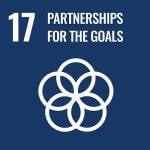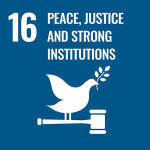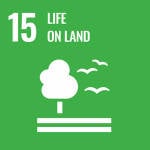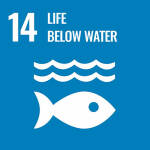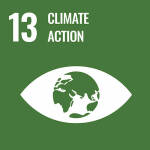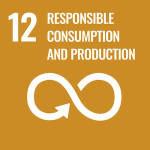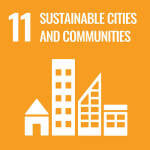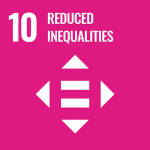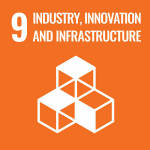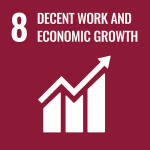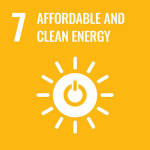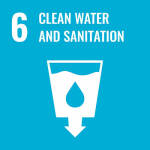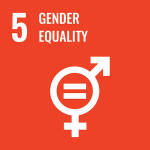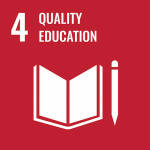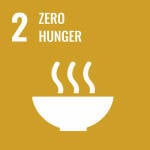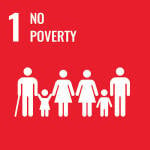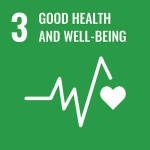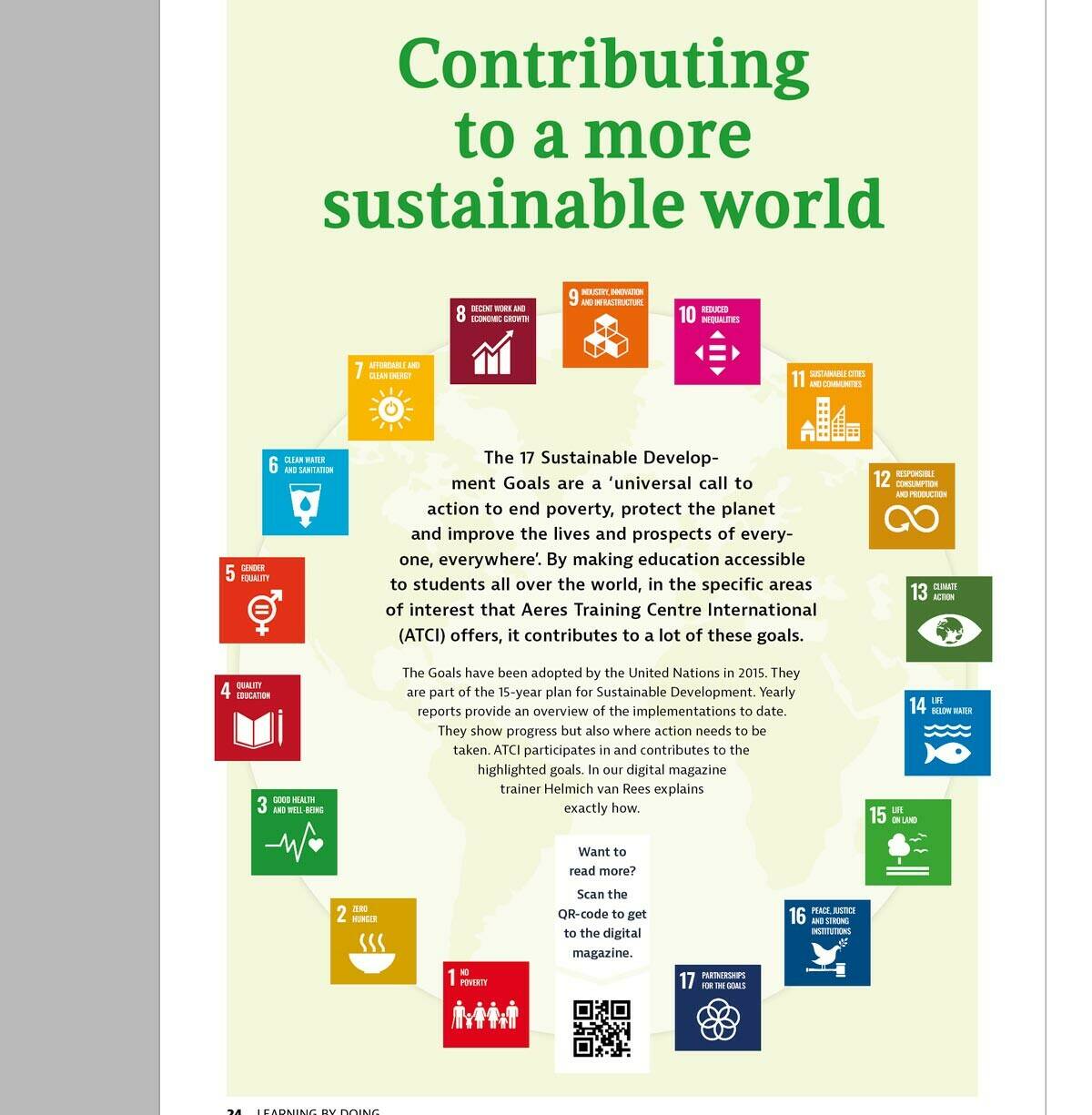Aeres Training Centre International aims to spread knowledge about various aspects of livestock farming and compound feed production. Not only in the Netherlands, but also in the rest of the world which has led to ATCI having alumni in over 134 countries!. And the spreading of knowledge doesn’t stop with the alumni: they themselves use and share their acquired skills. In this way, a network of knowledge is formed which grows with every training ATCI provides.
In 2015 the United Nations adopted the 17 Sustainable Development Goals. They are part of a 15-year plan and are a ‘universal call to action to end poverty, protect the planet and improve the lives and prospects of everyone, everywhere.’ An important part of these goals is education. By making it possible for people all over the world to be educated in the specific areas of interest that Aeres Training Centre International offers, it contributes to a lot of the 17 goals.
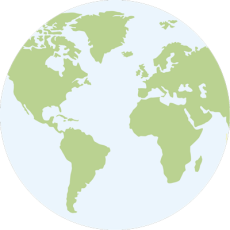
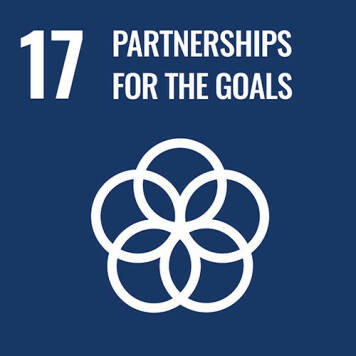
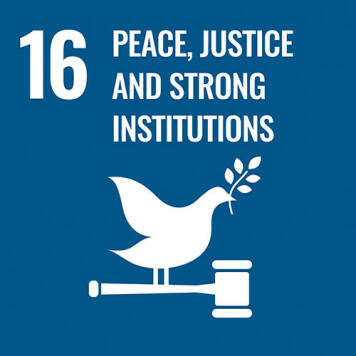
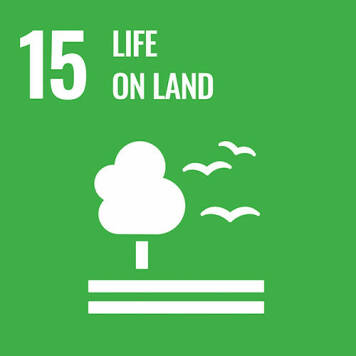
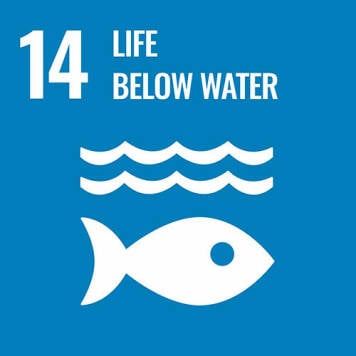
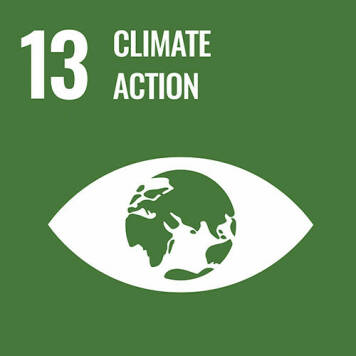
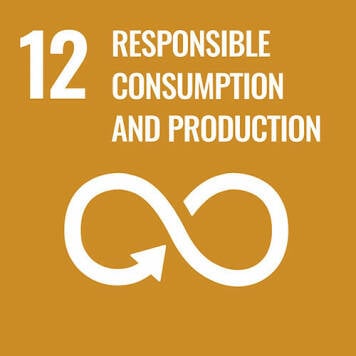
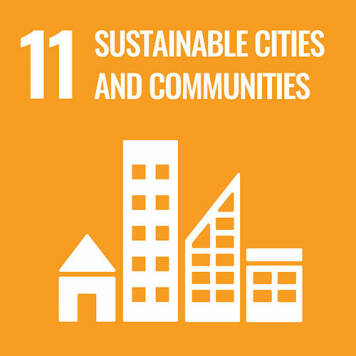
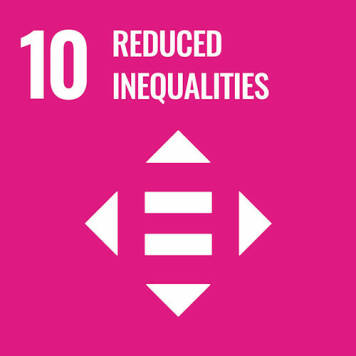
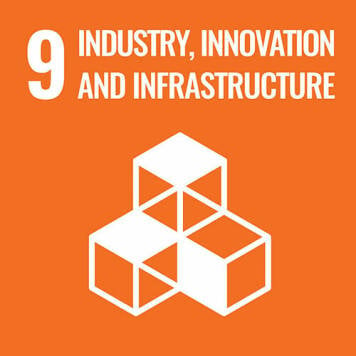
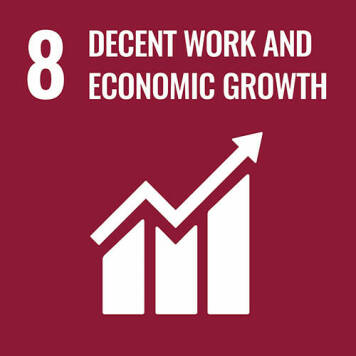
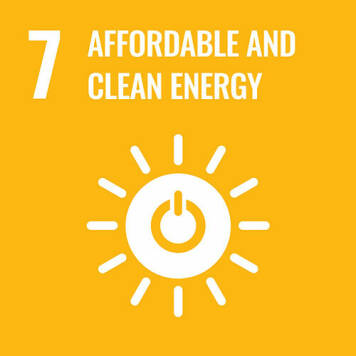
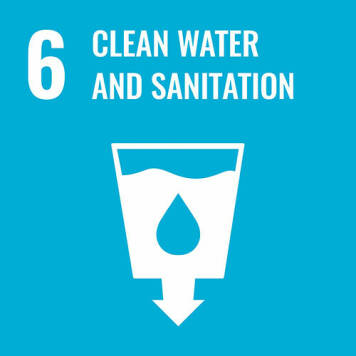
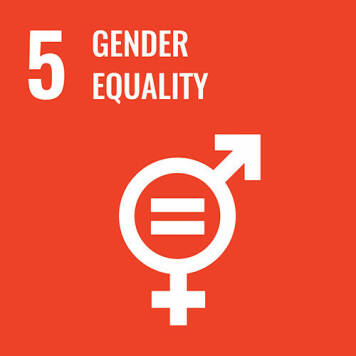
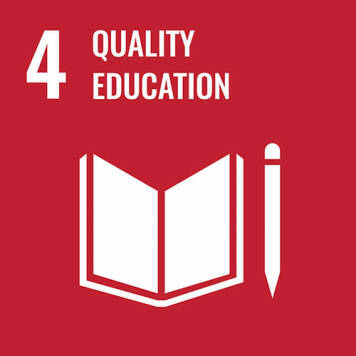
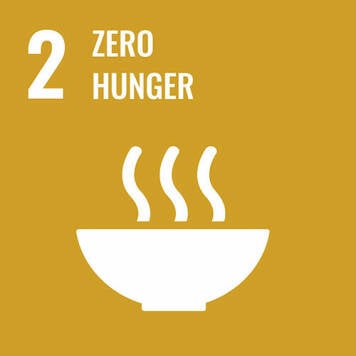
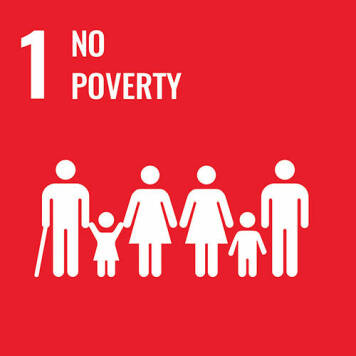
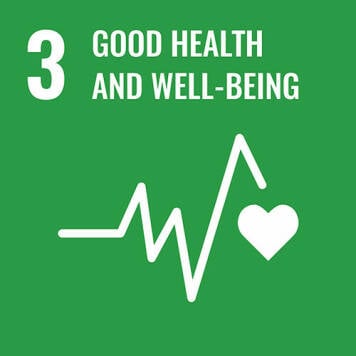

Internationally oriented
Mayke van der Sluis has been general director at Aeres since 2023. In that role, she is responsible for both the post-secondary vocational education (MBO) as well as the international training centre. “Internationalization has always been an important subject at Aeres. Not only specifically in the training centre, but also in ‘regular education’.” Many MBO (vocational) students go abroad for their internships. “Some students travel to England for a specific internship during the lambing season, and others go to big farms in Canada or horse stables in South-Africa. Expanding their knowledge and experience to other countries is something we really stimulate. It can be very valuable for them.” There is also contact between the MBO students and the international students at ATCI. “Sometimes that just goes naturally, because the international students stay at a housing facility in the middle of our campus, so they can get in touch with the students who walk by. But we also organise classes in which both groups of students participate, so they can learn from each other and work together. Because it is a two-way street: we all learn from each other.”
Impact
The international focus of Aeres has an impressive history. In the 1970s Praktijkschool Barneveld (as it was called then) started expanding their work field to an international scope. This started with providing education for international students in Barneveld and expanded to setting up practical training centres in countries such as Indonesia, Colombia and the Philippines. At that time, the institute was called PTC+.
Since then, ATCI has been spreading their knowledge and skills in many countries in South America, Africa, Asia and Europe. Thus, it has contributed to safe and sustainable food production, but also to creating possibilities for the youth and realizing more gender equality. One of the people who regularly travel across the world to provide trainings, is Teus Korevaar. Besides being a trainer he primarily works as an account manager with a responsibility to maintain contacts within the network and developing new projects.
Developmental work
“In some aspects, what we do is a form of development work. We try to make a positive impact within local communities as well as sectorwide. Our international trainings are often organized in cooperation with governmental institutes. Thus, we support the goals and focus points they have for their developmental projects.”
According to Teus, what makes ATCI special is the ‘learning by doing’ principle and the focus on training of trainers. “In that way it is not only our direct contact that has impact, but also the chain of transferring knowledge further that changes ways of work and improves people’s lives.” This is also a special aspect of ATCI that Mayke sees as very valuable. “We are not only experts in the specific fields in which we provide education, but we also distinguish ourselves through our focus on a practical way of teaching. We turn theory into practice, which is a very good way to learn and our trainees are very pleased with. This gives us a unique position with which we hope to help people and communities.”
The international focus of ATCI also brings challenges with it. Every country is different and even within countries, you come across fundamental differences.. The challenge for ATCI staff lies in finding the best way to transfer knowledge, being interested in a lot of different cultures and keeping an open mind, also when it concerns fundamental themes. Teus: “In the Netherlands, we focus a lot on animal welfare, for example. But that is something that isn’t such a big theme in other countries. So in that case, without renouncing your own point of view, you have to deal with these differences. It requires a certain amount of sensitivity and experience, which may not be easy but is very important.”


In 2015 the United Nations adopted the 17 Sustainable Development Goals. They are part of a 15-year plan and are a ‘universal call to action to end poverty, protect the planet and improve the lives and prospects of everyone, everywhere.’ An important part of these goals is education. By making it possible for people all over the world to be educated in the specific areas of interest that Aeres Training Centre International offers, it contributes to a lot of the 17 goals.
Aeres Training Centre International aims to spread knowledge about various aspects of livestock farming and compound feed production. Not only in the Netherlands, but also in the rest of the world which has led to ATCI having alumni in over 134 countries!. And the spreading of knowledge doesn’t stop with the alumni: they themselves use and share their acquired skills. In this way, a network of knowledge is formed which grows with every training ATCI provides.





















Internationally oriented
Mayke van der Sluis has been general director at Aeres since 2023. In that role, she is responsible for both the post-secondary vocational education (MBO) as well as the international training centre. “Internationalization has always been an important subject at Aeres. Not only specifically in the training centre, but also in ‘regular education’.” Many MBO (vocational) students go abroad for their internships. “Some students travel to England for a specific internship during the lambing season, and others go to big farms in Canada or horse stables in South-Africa. Expanding their knowledge and experience to other countries is something we really stimulate. It can be very valuable for them.” There is also contact between the MBO students and the international students at ATCI. “Sometimes that just goes naturally, because the international students stay at a housing facility in the middle of our campus, so they can get in touch with the students who walk by. But we also organise classes in which both groups of students participate, so they can learn from each other and work together. Because it is a two-way street: we all learn from each other.”
Impact
The international focus of Aeres has an impressive history. In the 1970s Praktijkschool Barneveld (as it was called then) started expanding their work field to an international scope. This started with providing education for international students in Barneveld and expanded to setting up practical training centres in countries such as Indonesia, Colombia and the Philippines. At that time, the institute was called PTC+.
Since then, ATCI has been spreading their knowledge and skills in many countries in South America, Africa, Asia and Europe. Thus, it has contributed to safe and sustainable food production, but also to creating possibilities for the youth and realizing more gender equality. One of the people who regularly travel across the world to provide trainings, is Teus Korevaar. Besides being a trainer he primarily works as an account manager with a responsibility to maintain contacts within the network and developing new projects.
Developmental work
“In some aspects, what we do is a form of development work. We try to make a positive impact within local communities as well as sectorwide. Our international trainings are often organized in cooperation with governmental institutes. Thus, we support the goals and focus points they have for their developmental projects.”
According to Teus, what makes ATCI special is the ‘learning by doing’ principle and the focus on training of trainers. “In that way it is not only our direct contact that has impact, but also the chain of transferring knowledge further that changes ways of work and improves people’s lives.” This is also a special aspect of ATCI that Mayke sees as very valuable. “We are not only experts in the specific fields in which we provide education, but we also distinguish ourselves through our focus on a practical way of teaching. We turn theory into practice, which is a very good way to learn and our trainees are very pleased with. This gives us a unique position with which we hope to help people and communities.”
The international focus of ATCI also brings challenges with it. Every country is different and even within countries, you come across fundamental differences.. The challenge for ATCI staff lies in finding the best way to transfer knowledge, being interested in a lot of different cultures and keeping an open mind, also when it concerns fundamental themes. Teus: “In the Netherlands, we focus a lot on animal welfare, for example. But that is something that isn’t such a big theme in other countries. So in that case, without renouncing your own point of view, you have to deal with these differences. It requires a certain amount of sensitivity and experience, which may not be easy but is very important.”
